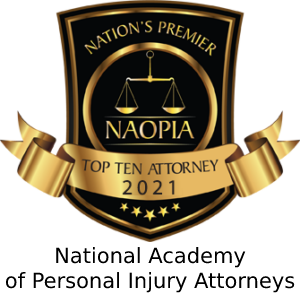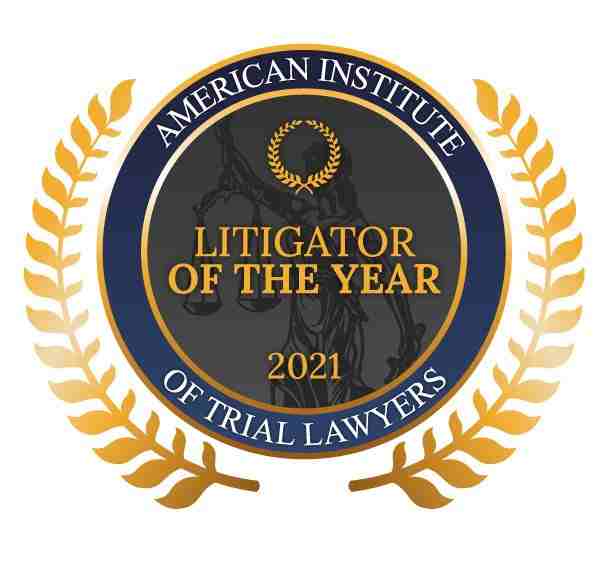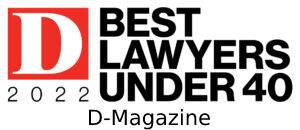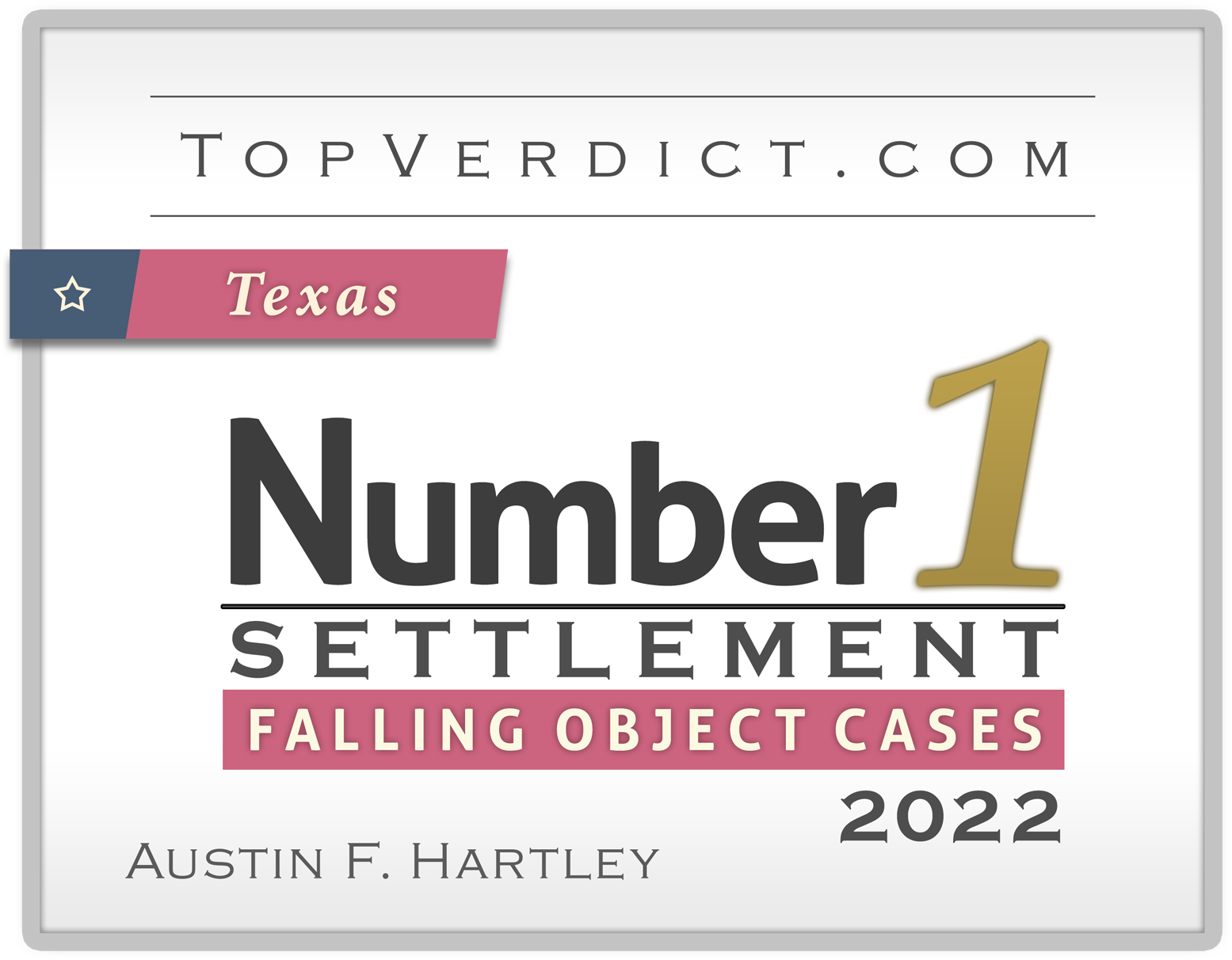How Do Police Reconstruct a Car Wreck?
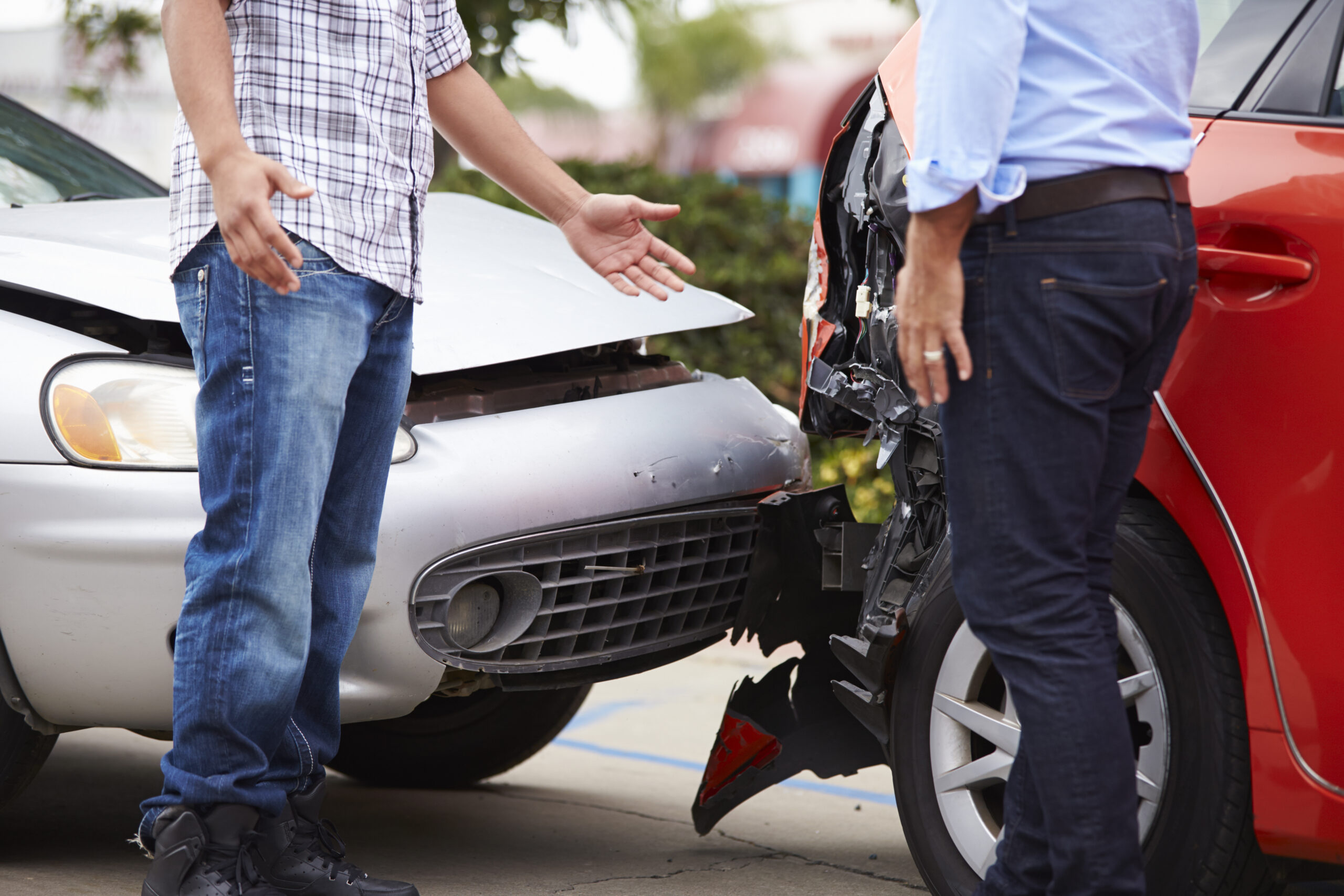
What Is Accident Reconstruction?
Accident reconstruction is a branch of causation forensics that uses science to determine the circumstances of an accident. Accident reconstruction specialists utilize mathematics, physics, and engineering principles to analyze traffic collisions involving automobiles, motorcycles, trucks, buses, and pedestrians. They use data from GPS, video evidence, cell phone records, and Event Data Recorders (EDR) from personal and commercial vehicles. Using these tools, they can form opinions about the causal factors related to the accident.
Ideally, an accident reconstruction expert’s work begins at the time of the accident or as close to it as possible. There can be critical evidence at the scene, so the sooner the expert can evaluate it, the better. For example, evidence such as tire marks, impact marks, roadway surfaces, metal debris, and airbag control modules are critical pieces of the puzzle. Obtaining photographic evidence or video footage of the accident scene can greatly help an expert’s preparation.
How Can Police Reconstruct a Car Wreck?
Accident reconstruction is not a task solely for police officers. As a general rule, police officers are usually not qualified to render opinions regarding accidents based on their status as police officers alone. However, police officers are qualified to testify regarding accident reconstruction if they are trained and possess a high degree of knowledge sufficient to qualify them as an expert. Many designated engineering, forensics, and other law enforcement experts receive specialized training and certifications in accident reconstruction.
Upon arrival at an accident scene, police officers document basic event information to determine who or what caused an accident. Usually, a police officer will interview drivers and witnesses, call for medical assistance, and maintain safety around an accident scene. However, very few traffic collisions are technically investigated by the police if no fatalities are involved. Additionally, in most official traffic accident reports, the details necessary for an accurate collision reconstruction are scarce.
The downside of relying on the police for accident reconstruction is the potential for unclear or missing details. Officers can unintentionally overlook fraud, deception, and other factual anomalies at an accident scene because they don’t notice the differences between the physical evidence and the conflicting statements of witnesses. Moreover, evidence such as tire marks and furrows in the dirt can quickly disappear. Without these details in a police report, the driver with the most believable story tends to prevail.
On the other hand, a certified accident reconstruction expert will investigate the scene and then analyze the findings. An investigation might include the following:
- Calculating vehicle speeds,
- Examining braking and steering capabilities,
- Studying driver perception and reaction,
- Analyzing vehicle dynamics,
- Considering avoidance scenarios,
- Investigating mechanical equipment failures, and
- Conducting visibility analysis.
Inspecting the vehicle is also important. Inspecting a vehicle can help an expert obtain a load of information, such as the speed, angle, and severity of impact. A vehicle may also contain human hair, skin, and blood that can provide insight into a driver’s and passenger’s movements. When an expert conducts testing based on reliable methodologies and precise measurements, they provide accurate information, not speculation or conjecture, which carries more weight in a court.
Do I Need an Accident Reconstruction expert?
Following an accident, if you and the other driver have different versions of the events, you may need this type of expert. An accident reconstruction expert is crucial for three key reasons:
- Eyewitness testimony is notoriously unreliable.
- Accidents produce various types of information that must be measured and assessed by people with deep experience in forensic engineering.
- Counterparties will bring in experts to prove their side of the case. Your case must knock down their conclusions and establish your version of events as being more probable.
An accident reconstruction expert can be helpful by doing the following:
- Evaluating the accident scene,
- Determining the speeds and movements of the vehicles,
- Developing a reenactment of the wreck,
- Drawing conclusions as to the cause of the crash, and
- Issuing a report and testifying as necessary in trial or for the insurance company.
As using technology in the courtroom becomes commonplace, experts can take advantage of the array of demonstrative aids that can better illustrate the accident to the jury. For example, three-dimensional mapping of the accident or virtual reality programs can help recreate the accident in ways that testimony cannot.
Still Unsure Whether You Need an Accident Reconstruction Specialist?
If you want more information on how do police reconstruct an accident, the lawyers at Hartley Law are here to answer your questions. Austin Hartley is a car accident attorney who was awarded the 2021 Litigator of the Year Award by the American Institute of Trial Lawyers. Our lawyers are dedicated to helping you fight for the compensation you deserve. If you were in a car accident, contact Hartley Law today to schedule a free consultation and learn more about how we can help you.


